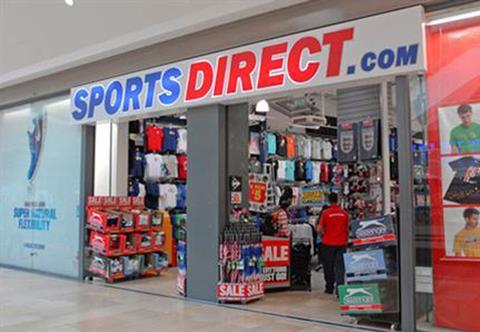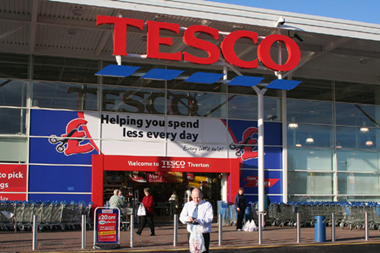Stable consumer confidence is just about the only thing that high-street retailers have been able to rely on over the past year.

Now, with the result of the EU referendum, even that is in doubt.
The uncertainty sparked by Britain’s vote to leave the EU will have the most immediate impact on companies planning major investments or whose businesses revolve around big-ticket transactions. That is why banks, airlines, housebuilders and commercial property firms have seen the biggest falls on the FTSE since the result.
The most significant capital investment decision facing retailers is opening new stores or warehouses. So John Lewis, which is looking to anchor developments across the country as it grows, and Aldi and Lidl, which arguably have the biggest expansion plans in the industry, may reconsider what stores they want to open.

This has serious consequences locally, and for developers. But it isn’t 2008. The construction of major shopping centres has slowed starkly compared with the wave of schemes that were opening a decade ago.
Those that are in the pipeline - in Oxford or Croydon, for example - are redevelopments of existing sites and are designed for areas that are underserved at present. Meanwhile, the ‘big four’ supermarkets are now more likely to close a large store than open one.
For retailers, the most concerning aspect of the uncertainty caused by Brexit is how much it could affect consumer spending - and for the moment, that is an unknown. Any deferring of investment decisions by major employers or any contraction in lending by banks is, of course, likely to lead to job losses, which in turn will hurt consumer spending.
However, what is already known - and could be the most crucial part of Brexit for retailers - is that the value of sterling has fallen to a 30-year low against the dollar. The movement in sterling has had an immediate impact. Steinhoff has said it is reconsidering its bid for Poundland following the referendum, while Sports Direct warned the stock market that it will now cost more to import products in 2017 because it has not hedged its foreign currencies.

This change in the cost of importing and exporting goods also threatens Aldi and Lidl, which import goods from abroad, and whose parent companies report in euros.
For international companies like these, doing business in Britain just got more expensive. The same goes for clothing retailers importing from the Far East.
Brexit opportunities
However, for British retailers that sell products overseas or source goods locally, Brexit could throw up opportunities. Burberry, for example, should be boosted by the movement in sterling, although the luxury market will be affected by any uncertainty in the global economy.
Perhaps the most interesting companies to watch will be Tesco, Sainsbury’s, Asda and Morrisons. Yes, any economic downturn will hurt them. But their biggest headache over the past two years has been an unprecedented period of deflation caused by an industry price war and moves in commodity prices. Brexit will spark a rise in their input prices and potentially a quicker-than-expected return to price inflation in their stores.
This will boost like-for-like sales, which will be welcomed by shareholders, some of whom believed the price war was pushing the supermarkets’ business models to unsustainable limits.
Tellingly, Dave Lewis of Tesco, Mike Coupe of Sainsbury’s and David Potts of Morrisons did not add their names to the letter signed by FTSE bosses who wanted Britain to remain in the EU. They said their companies, the biggest employers in the country, did not want to get involved in politics. However, the UK supermarkets also have less to lose from Brexit than others.
Graham Ruddick is senior business reporter at The Guardian





























No comments yet